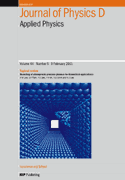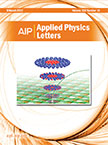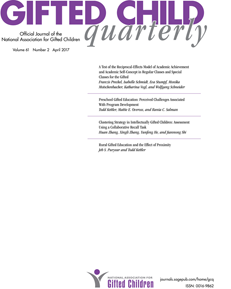 Last July, Joseph Hilgard, a postdoctoral fellow at the Annenberg Public Policy Center at the University of Pennsylvania, saw an article in Gifted Child Quarterly that made him do a double take. Hilgard, who is studying the effects of violent media on aggressive behavior, said the results of the 2016 paper “caused me some alarm.”
Last July, Joseph Hilgard, a postdoctoral fellow at the Annenberg Public Policy Center at the University of Pennsylvania, saw an article in Gifted Child Quarterly that made him do a double take. Hilgard, who is studying the effects of violent media on aggressive behavior, said the results of the 2016 paper “caused me some alarm.”
The research—led by corresponding author Brad J. Bushman, a professor of communication and psychology at The Ohio State University (OSU)—showed that gifted and non-gifted children’s verbal skills dropped substantially after watching 12 minutes of a violent cartoon. The violent program had a greater impact on the gifted children, temporarily eliminating the pre-video verbal edge they displayed over their non-gifted peers.
To Hilgard, the results suggested that violent media can actually impair learning and performance. But the effect size was huge — so big, Hilgard thought it had to be a mistake. This, plus other questions, prompted Hilgard to contact the authors and the journal. Unfortunately, once he got a look at the data — collected by a co-author in Turkey who became unreachable after the recent coup attempt — the questions didn’t go away. So the journal decided to retract the paper.
Bushman’s body of work has continually supported the idea that violent media increases aggressive behavior, including a controversial 2012 study “Boom, Headshot!” that was retracted earlier this year.
What first struck Hilgard as odd about the 2016 paper was how large the effect of the violent cartoon was: Continue reading Group whose findings support video game-violence link loses another paper
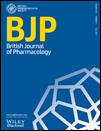 A pharmacology journal has retracted a 2011 paper after concluding images in three figures had been manipulated.
A pharmacology journal has retracted a 2011 paper after concluding images in three figures had been manipulated. Several years ago, a group of four chemists believed they had stumbled upon evidence that contradicted a fairly well-established model in fluid dynamics.
Several years ago, a group of four chemists believed they had stumbled upon evidence that contradicted a fairly well-established model in fluid dynamics.

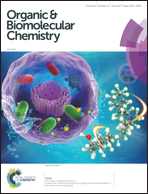
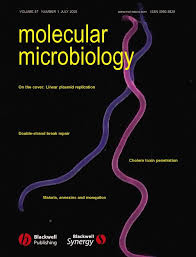 A researcher who resigned from the University of Dundee in Scotland after it
A researcher who resigned from the University of Dundee in Scotland after it 
